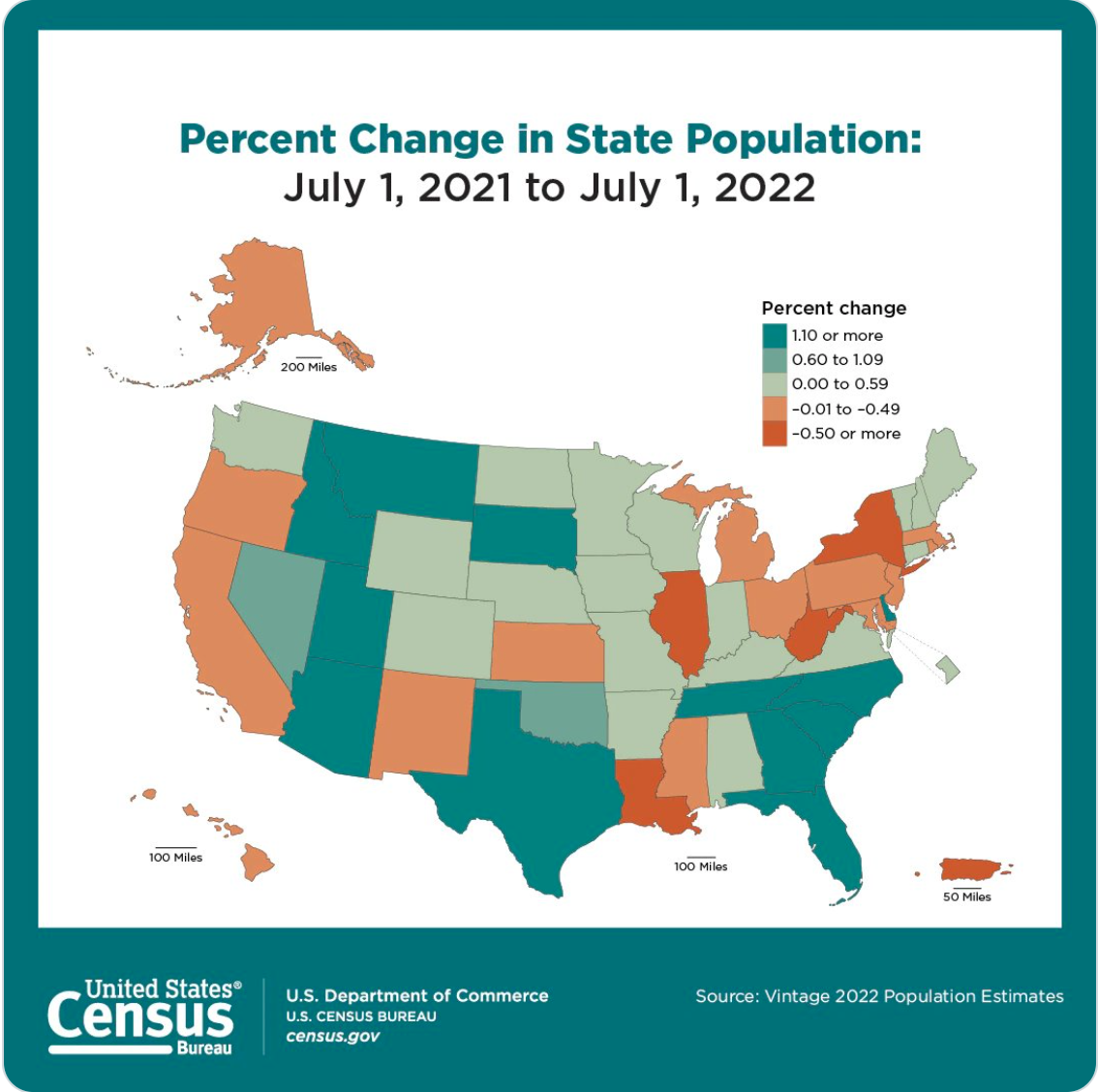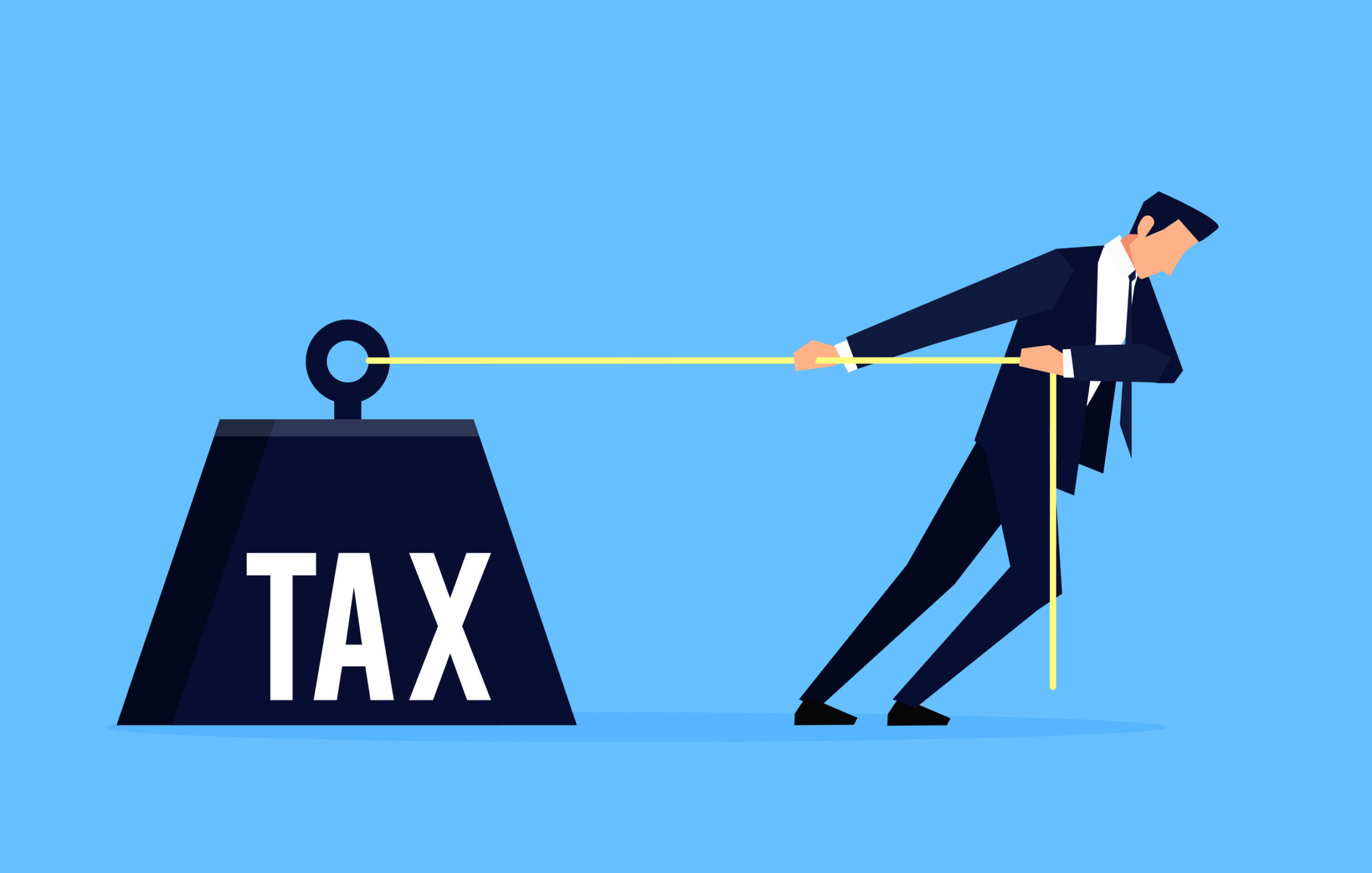
A new poll suggests Kansans prefer spending cuts to tax hikes on the middle class. The Kansas Chamber of Commerce yesterday released results of a poll of 400 registered voters conducted May 29-30.
According to pollsters Cole Hargrave Snodgrass & Associates, 57 percent of respondents prefer that the Kansas Legislature cut spending. Only 23 percent said lawmakers should raise taxes.
“This poll confirms what we hear daily from job creators and business leaders across the state,” said Alan Cobb, President & CEO of The Kansas Chamber of Commerce. “It is clear, voters know that especially during a time with a fragile economy, raising taxes should not be considered.”
An even higher number of respondents oppose raising taxes on the middle class. More than three-quarters of those polled, 77 percent, opposed middle class tax hikes.
“The message from voters is clear. Don’t raise taxes,” said Pat McFerron, president of the polling firm.
Kansas lawmakers have proposed a series of income tax increases, including a proposal that would add more than $1 billion in new spending and increase taxes retroactively on individuals earning more than $15,000 per year. Gov. Sam Brownback vetoed the measure, and the Senate fell a few votes shy of override in February. Since then, lawmakers have voted on a host of other tax increases, including a tax package on May 30 to raise income taxes and increase government spending by $3 billion over the next five years. It passed the Senate, but fell short in the House. Initially the House measure failed 59 to 59, but lawmakers began changing their votes when it became apparent it was doomed. At final count, the Senate tax proposal bombed in the House, 37-85.
The Chamber poll showed one possible motivation for so many House members to change their votes for the tax hike. The poll revealed a distinct advantage for generic candidates who vote to state spending cuts.
“Perhaps most important to a political figure should be that among those who say they are undecided which party they will support in a generic legislative ballot, the candidate for reducing spending enjoys a 34-point advantage,” McFerron said.
Most respondents, 67 percent, also opposed hiking small business taxes, and 58 percent of those polled rejected utility tax increases, another proposal lawmakers have considered this session. Respondents also opposed increasing the highest income tax bracket from 4.6 to 5.7 percent.
“As someone who has worked to help elect Kansans, I think it is important legislators understand how their votes can be construed by opponents,” McFerron said. “While they may argue it is only going from 4.6 percent to 5.7 percent, this is in fact a 24 percent increase, and they will need to be ready to answer for this should they vote to support such a staggering increase.”
Though one group of lawmakers proposed a plan to balance the Kansas budget without increasing taxes and without budget cuts, the Republican Balanced Budget Solution plan has yet to gain traction.
The poll is the second one in a number of weeks showing large majorities of voters opposed to tax increases. A Fort Hays State University Docking Institute of Public Affairs poll, conducted in Feb. 23 to April 11, showed that 75 percent of respondents prefer spending cuts or a combination of spending cuts and tax increases.
The Chamber poll has a 4.9 margin of error.



